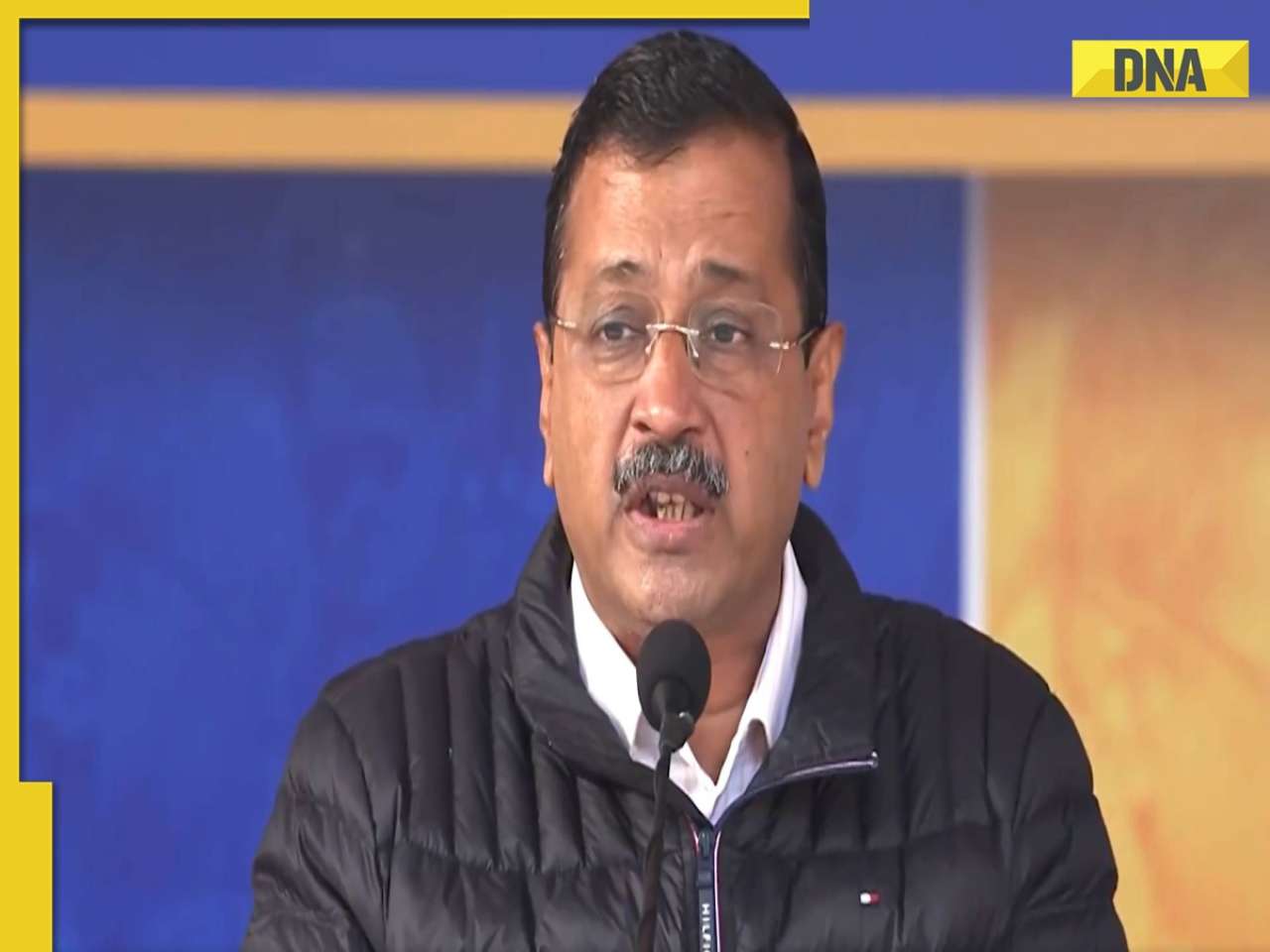 |
|
The political landscape in Delhi is heating up as the 2025 assembly elections approach. A recent clash between Aam Aadmi Party (AAP) national convener Arvind Kejriwal and Prime Minister Narendra Modi highlights the escalating tension between the two parties. Modi's recent 'AAP-DA' (AAP-Tragedy) jibe at the Delhi government sparked a strong retort from Kejriwal, who accused the Bharatiya Janata Party (BJP) of failing to deliver on promises made to the people of 'Delhi Dehat' – the rural areas surrounding Delhi. This sharp exchange underscores the key issues and strategies shaping the upcoming electoral battle.
Kejriwal's counter-attack focused on the BJP's alleged inaction on several key issues. He specifically highlighted the non-abrogation of Sections 81 and 33 of the Delhi Land Reforms Act, a move that would require central government approval. The delay in implementing the land-pooling policy, Kejriwal argued, has hampered development and settlement in unauthorized colonies. He directly appealed to the residents of Delhi Dehat, asserting that their disillusionment with unfulfilled BJP promises would lead them to seek 'revenge' at the ballot box. This strategic move demonstrates Kejriwal's attempt to mobilize a significant voting bloc that feels ignored by the BJP's campaign promises.
The inauguration of the New Ashok Nagar RRTS station, attended by both Prime Minister Modi and Delhi CM Atishi, provided a backdrop for another layer of the ongoing political maneuvering. While acknowledging the development, Kejriwal used the occasion to subtly contrast the AAP government's focus on public welfare projects with the BJP's alleged political vendetta. He pointed to the imprisonment of AAP leaders without hindering the progress of critical infrastructure projects as evidence of the AAP's dedication to the people of Delhi. This calculated move attempts to portray AAP as a pragmatic and effective governance force, even amidst political adversity. The emphasis on infrastructure projects such as the expansion of the Delhi Metro by 200 km under the AAP government further bolsters this image, serving as a significant talking point in their campaign.
Modi, on the other hand, appealed to the voters to give the BJP a chance to develop Delhi into the capital of a 'Viksit Bharat' (developed India). His repeated use of the 'AAP-DA' slogan aims to paint the AAP government's tenure as a period of mismanagement and underdevelopment. This strategy seeks to capitalize on potential voter dissatisfaction, portraying the BJP as the only party capable of delivering the promised progress. The rallies and public appearances are aimed at generating momentum and consolidating support in anticipation of the February 2025 elections.
The upcoming Delhi Assembly elections promise to be a closely contested battle. The contrasting strategies of Kejriwal and Modi reveal the key issues at stake. While Kejriwal focuses on highlighting the BJP's unfulfilled promises and AAP's developmental achievements, Modi strives to frame the elections as a referendum on the AAP government's performance. The success of each party will depend on their ability to effectively convey their message and mobilize their respective voter bases. The electorate will have the critical role of deciding which party’s vision best represents the future of Delhi.
The historical context further adds layers of complexity to this political showdown. The Congress party, which dominated Delhi's political scene for 15 years, has been relegated to the margins in recent elections. The AAP's significant victory in 2020, securing 62 out of 70 seats, reflects the changing political dynamics in the national capital. The BJP's attempt to regain lost ground hinges on successfully mobilizing support and presenting a compelling alternative to the incumbent AAP government. The upcoming elections are therefore a critical test for both the BJP and the AAP, shaping not only Delhi's political future but also influencing the national political discourse.
The upcoming Delhi Assembly Elections will undoubtedly be a keenly watched event. The rhetoric and accusations traded between Kejriwal and Modi highlight the deep-seated political divide and the high stakes involved. The outcome will not only determine the next government of Delhi but also have wider implications for the national political landscape, influencing the strategies and approaches of other political parties. The election promises to be a captivating spectacle, offering valuable insights into the evolving political dynamics of India.
